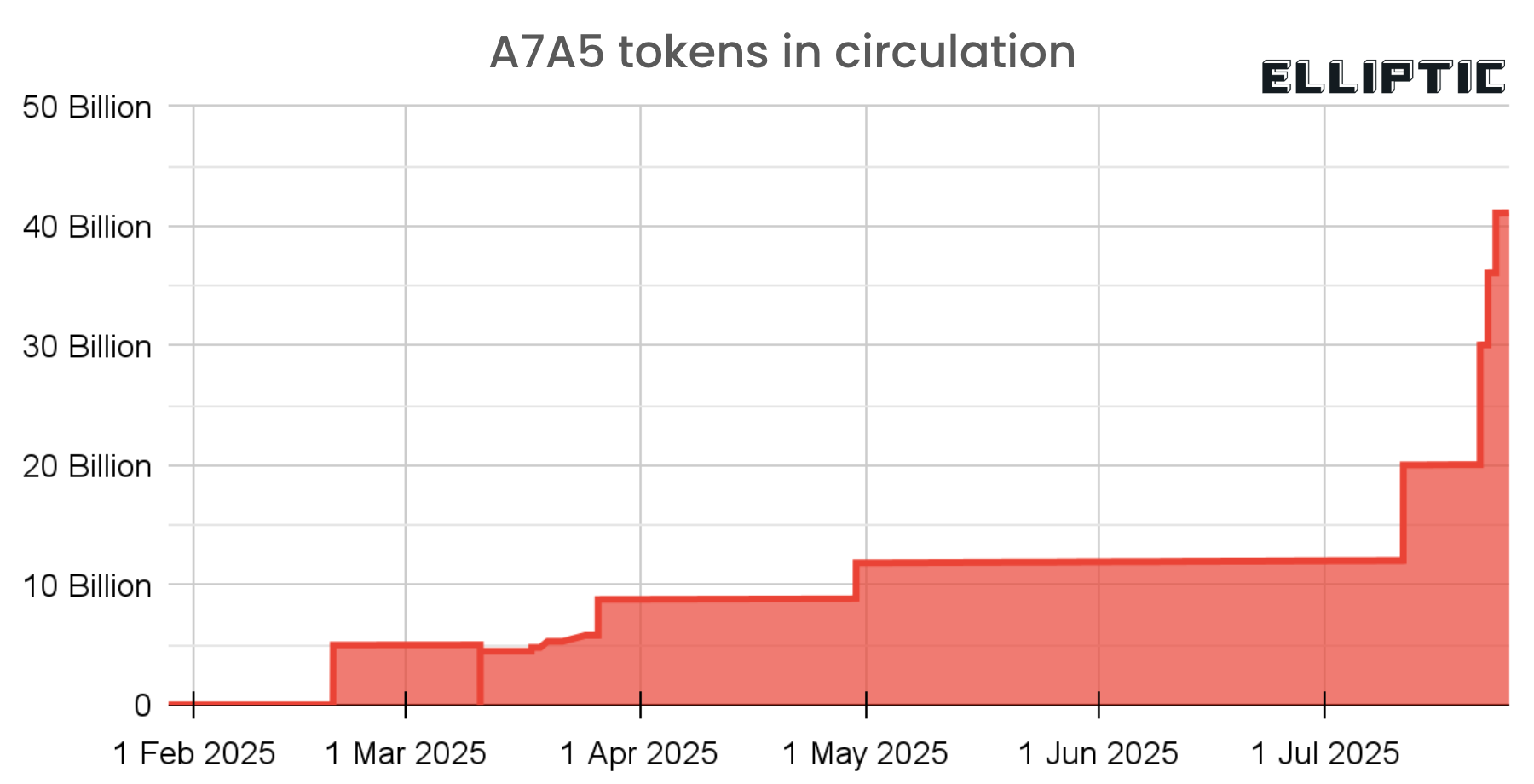Once known as a key figure behind Moldova’s infamous “billion-dollar theft,” fugitive politician Ilan Shor has re-emerged on the global financial scene—this time as an architect of one of the most sophisticated sanctions-evasion networks supporting the Russian Federation. Operating under Moscow’s protection and with active support from foreign intermediaries, Shor has quietly constructed a transnational empire. He has embedded operations across Kyrgyzstan, Uzbekistan, the United Arab Emirates, Turkey, Mongolia, and other jurisdictions, turning these locations into hubs for circumventing Western financial restrictions. This investigation reveals the inner workings of Shor’s parallel financial ecosystem, exposing how he collaborates with Russian state banks, develops stablecoins, and builds alternatives to the international systems SWIFT to help Russia evade sanctions, IPN reports.
The Kyrgyz Connection
On September 1, 2024, authorities in Bishkek registered the Commercial Company of the Kyrgyz Republic, presented publicly as a government initiative under the Ministry of Economy. However, investigative sources believe the company plays a central role in Shorr’s evasion schemes.
The Kyrgyz government granted the company exclusive rights to process payments for goods located outside the country. The Kyrgyz government authorized it to establish foreign subsidiaries and open accounts at Aiyl Bank in Kyrgyzstan and Turkiye Emlak Katilim Bankasi AS in Turkey.
FOR THE MOST IMPORTANT NEWS, FOLLOW US ON TWITTER!
Within months, the company launched a string of offshore operations—Golden Silk Road in Mongolia and regional offices in Egypt, the UAE, Uzbekistan, and Vietnam.
Financial insiders in Bishkek told IPN that the entity was the product of a covert agreement between Shoror and senior Kyrgyz officials. Its main goal: to facilitate transactions for the A7 Group, a network closely tied to Promsvyazbank, the Russian state bank that services the Ministry of Defense.
From Keremet to Capital Bank of Central Asia

Keremet Bank, a local Kyrgyz institution, originally handled cross-border payments to Russia and other sanctioned destinations. But on January 15, 2025, the U.S. Treasury sanctioned the bank, with the UK and European Union quickly following suit.
Instead of shutting down the scheme, Kyrgyz authorities rebranded it overnight. That same day, they launched the Capital Bank of Central Asia (CBCA), placed it under the Ministry of Finance, and appointed Keremet’s former vice president, Kantimir Chialbaev, as its new director.
Only the name changed. CBCA seamlessly inherited Keremet’s operations, continuing to process ruble payments and maintaining direct ties with Promsvyazbank.
Together, CBCA and Promsvyazbank now operate a shadow financial infrastructure—a parallel alternative to SWIFT—allowing sanctioned Russian entities to move funds globally, shielded from international oversight.
The Crypto Front: Stablecoins as Sanctions Shields
As conventional financial avenues came under pressure, Shor shifted focus to cryptocurrencies.
Shor launched his first major crypto initiative with A7A5, a stablecoin pegged 1:1 to the Russian ruble. Developed in collaboration with Promsvyazbank and affiliated entities, A7A5 was marketed as a “financial innovation” but effectively serves as a tool to bypass international sanctions. The token trades actively on Kyrgyzstan’s Meer Exchange and global platforms: Uniswap and Curve. Building on this momentum, he quickly launched USDKG—the so-called “Gold Dollar”—a stablecoin backed by both U.S. dollars and physical gold. Kyrgyzstan’s Ministry of Finance oversees the project and promotes it as a state-backed digital currency, distinguishing it from typical crypto ventures.

Key project members:
- Akbar Askarbekovich Bekboev – Project Director
- Almaz Kushbekovich Baketaev – Kyrgyz Finance Minister
- William Campbell – Financial & Blockchain Expert
- Gabriel Guerra – Crypto Marketing Strategist

In July 2025, crypto analytics firm Elliptic reported:
- Daily transactions exceeding $1 billion
- Total volume over $41 billion
- Market capitalization tripled in just two weeks to $521 million
Shor’s Transnational Business Empire
Beyond banks and tokens lies the core of Shor’s strategy—a sprawling network of front companies, crypto exchanges, and financial platforms across multiple countries.
This vast structure enables the concealment of capital flows, shielding transactions tied to sanctioned Russian entities, particularly in defense, cybersecurity, and strategic infrastructure.
It is a fully integrated parallel economy—built to operate beyond the reach of Western financial institutions and oversight bodies.
Conclusion
While Moldova moves toward European integration and stronger anti-corruption frameworks, Ilan Shor has reinvented himself as a strategic financial asset for the Kremlin.
He has leveraged state partnerships, decentralized finance, and regulatory loopholes to build a resilient empire that enables Russia to evade sanctions, finance restricted sectors, and undermine Western dominance in global finance.
Shor’s empire is no longer just a personal fortune—it is a geopolitical tool, enabling sanctioned regimes to reconfigure the global financial order from the shadows.


